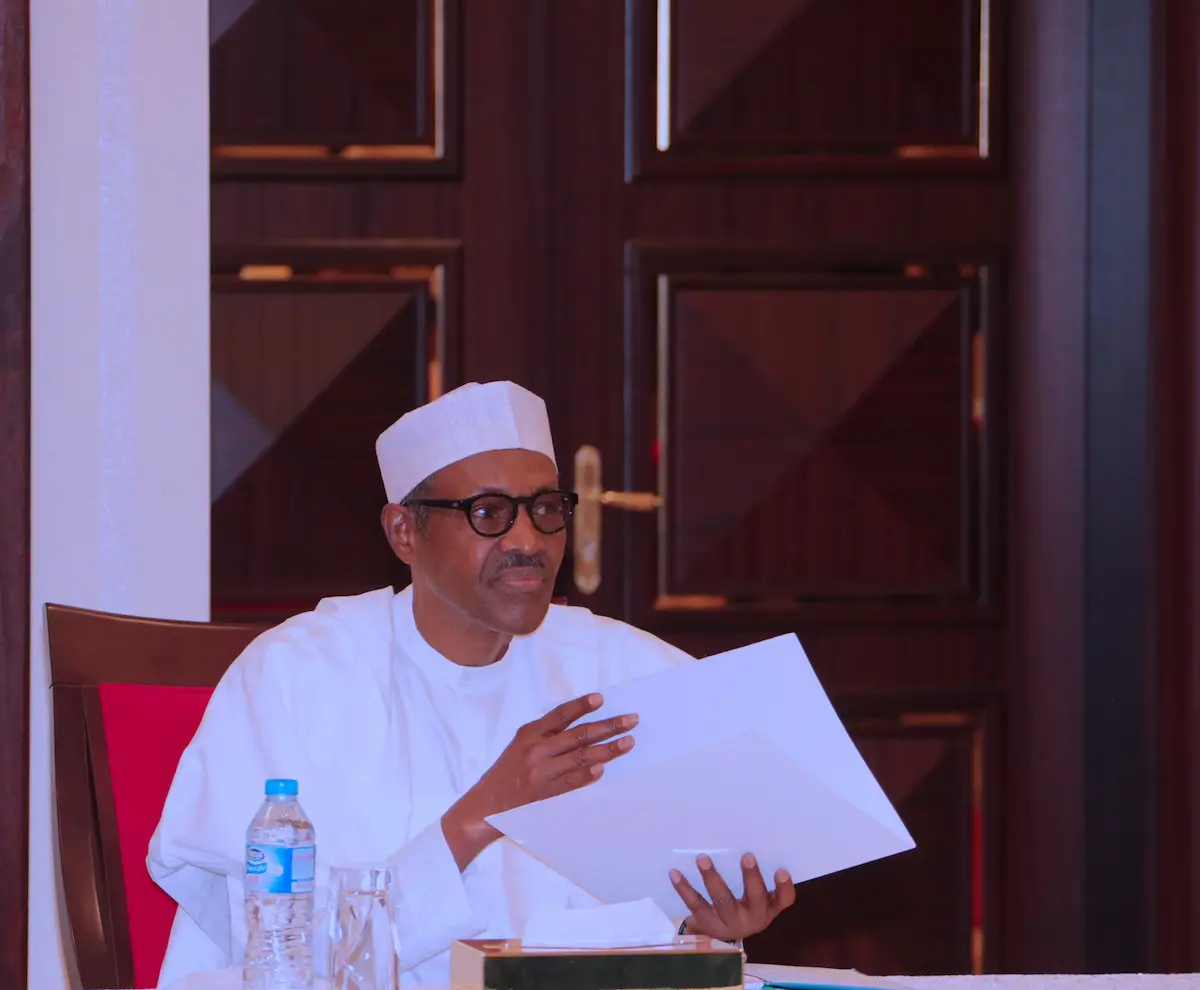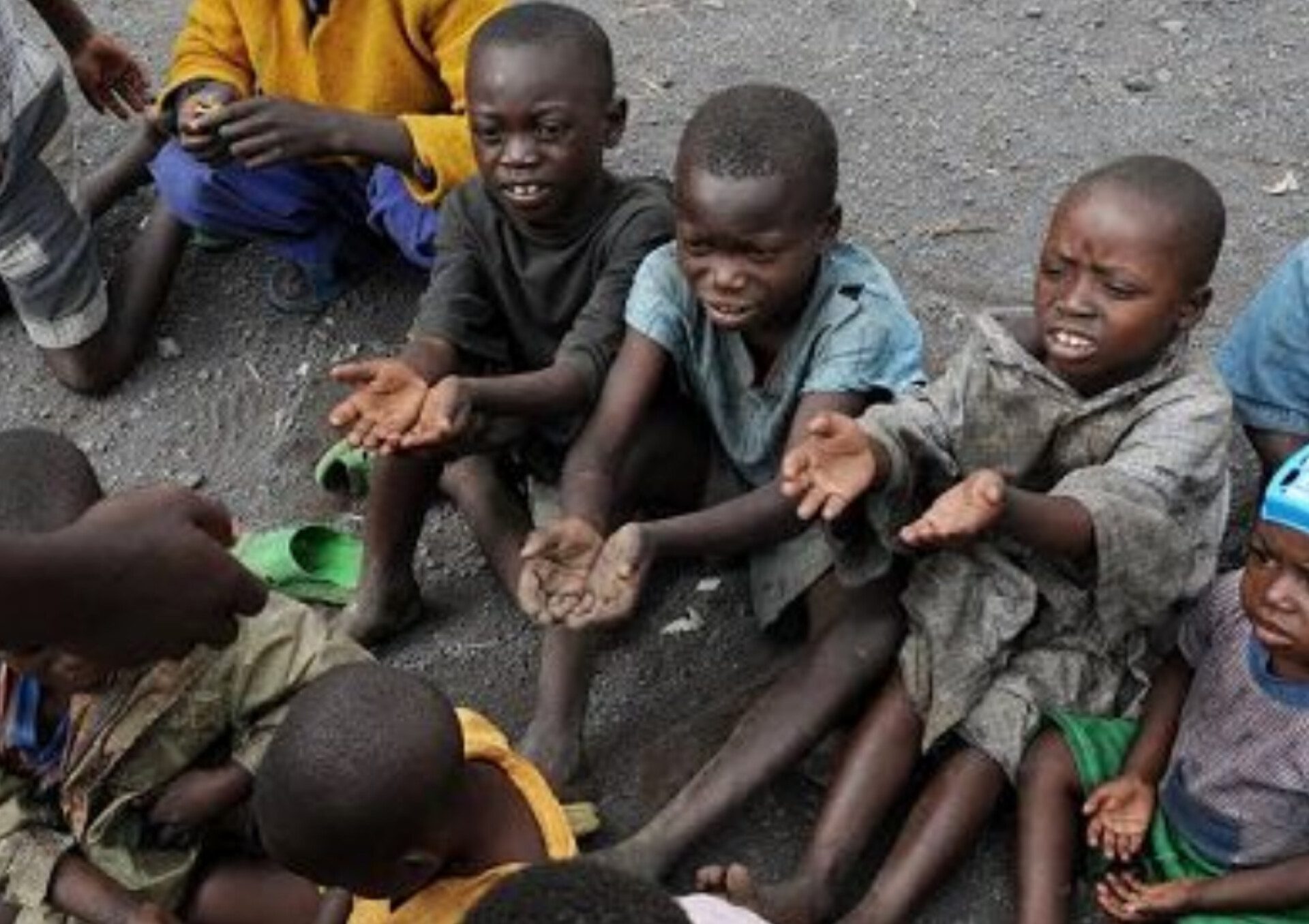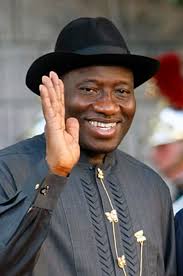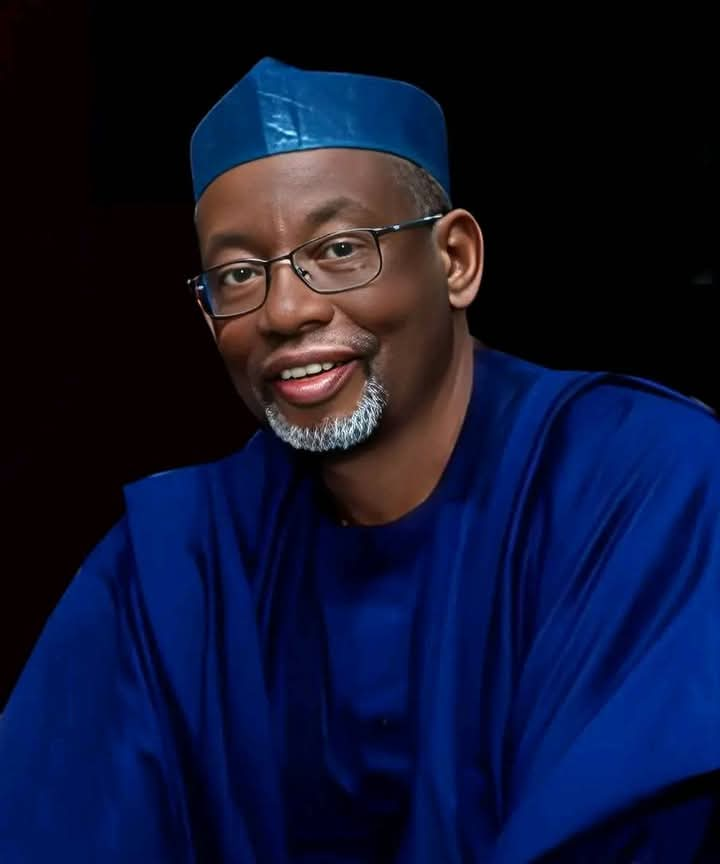By Tunde Olusunle
Except for the release and launch of his controversial book, *Vindication of a General* in 2017 which accorded him some media visibility, Ishaya Rizi Bamaiyi, has maintained a very low profile over the years. For those who do not know, or who have forgotten him, Bamaiyi, a lieutenant general, was the last Chief of Army Staff, (COAS), under the rulership of Sani Abacha, Nigeria’s one time Head of State. Abacha was in office between November 1993 and June 1999. Bamaiyi spent eight years, in the aftermath of the enthronement of civil rule in 1999, in prison. He was supposedly implicated in the attempted murder of Alex Ibru, founder and publisher of *The Guardian* newspapers who also served as Minister of Internal Affairs, under Abacha.
Ibru who allowed professional independence for his newspaper stable under Abacha’s unpopular fistic rule, was shot on Falomo Bridge in Lagos early February 1996, by suspected agents of state. Principal suspect in the attempted Ibru murder case, Barnabas Jabila, known by the alias “Sergeant Rogers” a notorious hitman for the Abacha killer squad, had framed Bamaiyi for ordering the annihilation of the newspaper magnate. Bamaiyi was released from incaceration April 2008, after being discharged and acquitted of all four counts of the murder allegations. Ishaya Bamaiyi’s elder brother, Musa Bamaiyi, a famously moustachioed major general, was equally very prominent during the Abacha government. He was the dreaded Chairman of the Nation’s Drug Law Enforcement Agency, (NDLEA), in that dispensation, who kept no prisoners.

Bamaiyi’s book stoked quite some embers of discontent, especially among people who didn’t share his representation of issues in the publication. The soldier-author maintained, for instance, that he was singled out for vilification by the administration of President Olusegun Obasanjo, because he opposed Obasanjo’s succession of Abdulsalam Abubakar. Abubakar, also an army general, was enthroned head of state, following the demise of Abacha in June 1998. He handed over power to Obasanjo, a former army general and military head of state in 1999, a succession arrangement Bamaiyi claimed he opposed.
Bamaiyi contends that the public image of the military had received severe battering because of the long and controversial involvement of the institution in politics, over time. He claims he supported the candidature of a thoroughbred civilian in the mould of an Olu Falae, a very experienced economist and technocrat who once served as Secretary to the Government of the Federation, (SGF). Falae, a banker, equally served as Minister for Finance, Budget and Planning, also under Nigeria’s former military President, Ibrahim Babangida.
Arising from his once-upon-a-time stature in the nation’s political organogram, Bamaiyi who will be 73 in September, is by right a senior citizen and an elder statesman. For the avoidance of doubt, the pyramid of authority in a military regime, privileges the Chief of Army Staff. Immediately following the President or Head of State, depending on the preference of the Commander-in-Chief, (C-in-C), in order of seniority, is the “Chief of Staff, Supreme Headquarters,” (CSSH). Babangida redesignated the office as “Chief of General Staff,” (CGS), in his time, a title retained by Abacha and Abdulsalam, respectively. Next to this office is that of the “Chief of Defence Staff,” (CDS), who sometimes doubled as “Chairman, Joint Chiefs of Staff,” (CJCS), a nomenclature borrowed from the United States military.
Following this position, is the COAS, who is the most senior of the group of Service Chiefs, including those heading the navy and the airforce. But the COAS, in a way, towered even above the CDS. Avid followers of Nigeria’s political history will recall the weight of authority and power wielded by iconic army chiefs of staff, like Theophilus Yakubu Danjuma, Alani Akinrinade and Samuel Victor Leonard Malu. Apart from commanding the military service with the largest number of troops, the soldiers reported directly to the COAS, from the level of the platoon, to that of the division, and so on. The COAS, therefore could be nominally Number Four in the hierarchy of a military government, but in reality, be the Number Two, only next to the C-in-C. Bamaiyi is rarely heard in the marketplace of public engagement, but he remains a respectable voice in the sociopolitics of the country.
I came across a recent interview granted by Bamaiyi and conducted by Thecla Wilkie, for the Nigerian Television Authority, (NTA). I’m occasionally impatient watching long, dragging interviews, I must confess. I have, however, been recently delighted and enriched, staying through those of some of Nigeria’s military greats, including Malu and his exploits in Liberia and Sierra Leone. The Bamaiyi interview covers his early years; desired profession; odyssey in the army; ascendancy through the rungs of the military pyramid; tenure as COAS and relationship with Abacha, among others.
Instructively, Bamaiyi contends that Abacha “never cared about anybody’s religion… Until his death, all his service chiefs were Christians. He worked with people who could do the job for him, whose assurances he could take at the surface level.” Bamaiyi equally spoke of his concerns about national security, particularly at the onset of the *Boko Haram* insurgency in the North East of the country, midway through the administration of former President Goodluck Jonathan. I indeed enjoyed my self-imposed task of transcribing parts of the dialogue, something I’ve not done in a while.
The former military chief recalls that he put a call through to Jonathan’s aide-de-camp, (ADC), Ojogbane Adegbe, (who was then a lieutenant colonel but is now a brigadier general), who expedited the meeting with the former President. Bamaiyi applauded Jonathan’s warmth and humility, for a man who was the leader of Africa’s largest country. He expressed his worries about the prosecution of the battle against terrorism which was restricted to the North East, at the time. Rather than abating, the insurgency was spreading.
Jonathan, Bamaiyi observed, shared similar concerns about the military operations in the area, noting that his government’s fiscal provisions for the armed forces, were not justified by the performance of the military on the frontlines. Bamaiyi, who still wears the scar of a bullet shot on his left knee from the 1967 to 1970 Nigerian civil war, stopped short of telling Jonathan he was evidently being fleeced by his service chiefs and their accomplices.
With the nationwide spread of insecurity vis-a-vis re-vigoured terrorism, banditry, kidnapping, killings and bloodletting, under the Muhammadu Buhari government, a concerned Bamaiyi wrote to request an appointment to see the President. His words: “I wrote to General Buhari at the beginning of the Fulani herdsmen clashes with farmers. I had a relationship with him and I thought I could offer some assistance. I was Commanding Officer, (CO) in Keffi, with responsibility for the security of the upcoming federal capital, Abuja, when he was Head of State.
I wrote that I wanted to see him. The letter was delivered. I was told by telephone that my letter had been received and I will be scheduled to see him in two days. On the day I was to meet him, somebody called me and said my appointment had been put off. He said to me in Hausa, that some people who sighted my correspondence in the State House system, said *I will stop water from running or flowing,* should they allow me to see the President.” I understood what they meant and I kept quiet. And I never, ever applied again to see him.”
Bamaiyi, who holds the second highest national honour, Grand Commander of the Order of the Niger, (GCON) which is primarily reserved for Vice Presidents and Presidents of the Senate, continued: “Many of us are concerned about goings on in the country. Unfortunately, your experience in these matters cannot reach the person who should know when access to him is blocked. At my age and level, I cannot be transmitting critical information meant for the ears of the President, through proxies. You can be misconstrued, you can be nailed, just the way I was thrown into prison for eight years.”
Wilkie, Bamaiyi’s interviewer, pressed to find out what he thought was wrong in the communication chain to the President and what Buhari needs to do. “Get the truth,” he said. “Get the proper intelligence reports from all the security agencies.” Bamaiyi senses that something may be genuinely and gravely wrong with the President. His words: “To me, the Buhari I know, except something has gone wrong, is not the kind of person that will tolerate or keep quiet in the face of all that is happening. The truth is that so much is being concealed from the President. And there must be a way for him to know the truth about what is happening in the country.” The former top centurion proceeds: “I am not sure that General Buhari is regularly and properly briefed. That is my own assessment. And unless that is done, the sycophants around him will continue to mislead him.”
Alluding to the governance model of his former boss, Abacha, Bamaiyi said. “Abacha was ahead of all of us with up-to-date intelligence gathering. By the time you go to him to give him what you consider privileged or first hand information, he will just look at you and smile. He would have gotten that same report, the correct one before your arrival. And whether you like it or not, as far as I’m concerned, Abacha did well in security and economic management of this country. Nobody can deny that even if you don’t like him.”
If you’ve ever been disturbed by sociopolitical developments in Nigeria under the incumbent administration, if you’ve been worried about your country as an irredeemably sinking ship, Bamaiyi seems to have provided a crucial lead. The President, it would seem, has wilfully surrendered himself to complete encirclement by grovelling praise singers, *“yes Sir-ring”* hangers-on, boot-licking louts and squirming laggards. I deploy the expression about “wilful surrender,” advisedly, by the way. The President always had the option of being more proactive, more pushful, more dynamic, rather than recline into the uncanny inertia, indulgence, indolence and inefficaciousness which has characterised his style in nearly eight years.
It looks like everything gets done for him, with minimal mental perspiration by him. His comments in the “visitor’s book” on the occasion of his inspection tour of Dangote Refinery, Lagos, were very evidently written out for him, while he simply appended his signature, using the same green ink. You don’t need a forensic expert to spot that. And it does look like the television sets in his office and residence, are permanently calibrated to feature principally his official events, before switching automatically to *Telemundo* and similar soaps. That is the level of sickening pampering which our grandpa President avails himself.
In a very, very rare demonstration of responsiveness, albeit tepid and lack lustre, Buhari visited the Kuje Correctional Centre early July, after it was attacked by insurgents, who freed hundreds of inmates. On that occasion, he asked a self-indicting question about the possible absence, or failure of intelligence, wondering why preemptive measures were not taken by relevant departments of government. A few days after, Ahmed Idris Wase, Deputy Speaker of the House of Representatives announced to parliament, that a record 44 intelligence reports were received by relevant agencies of government ahead of the Kuje saga. The intelligence leads were jettisoned in the continuing acquisitive rat race by schedule officials and agencies. President Buhari, the C-in-C, on whose table the buck stops therefore, is personally culpable if all these briefs passed through his desk without being acted upon.
The entire country is a sprawling pool of crimson blood, no thanks to the cold-blooded exploits of sundry sadists and sauntering savages of various hues and colours. The Islamic State of West Africa, (ISWAP), the Islamic State of Iraq and Syria, (ISIS), as well as rampaging bandits, kidnappers, gunmen, make up the list of non-state actors ravaging the land. They are in the deathly enterprise of mauling and maiming Nigerians, inflicting pain, anxiety, anger and anguish on our people. Hundreds of billions of naira, hundreds of millions of dollars are regularly voted and released for the military without commensurate, nay salutary results.
Insecurity has become a big, booming, bustling industry for the security establishment, whose top brass in many instances, have reportedly transformed into spontaneous multibillionaires, at our collective expense. I once heard about two service chiefs from the insurgency-ravaged North East, being supposedly locked in a contest for the bragging rights about who was the richer, all from the insurgency scamming. They are the ones who will stop at nothing to ensure that nobody, absolutely nobody, *stops the water from flowing,* to return to Bamaiyi’s narrative. And the President hangs in there, seemingly unperturbed.
Kaduna State governor, Nasir El Rufai attests to Buhari’s characteristic insularity when he said recently that the President was not aware of a threat to kidnap him, by some faceless terrorists. It seemed a joke, but now we can relate to the President being cocooned in a fantasy island where all is well and seemingly blissful with his constituents, which explains why he is never aware of anything. It is for this same delusion that he repeatedly boasts he will leave Nigeria better than he met it. *The Guardian on Sunday* of July 31, 2022, aligns with the President’s emblematic aloofness even when the nation is on fire.
I almost forgot to allude to the musical performance of the Nigerian-born international artiste, *Asa,* at a recent event in the State House, with the President in attendance. On that occasion, she sang one of her hit songs, “Fire on the mountain,” in direct reference to the state of anomie in the country, which has not been matched by requisite concern and urgency, by the leadership. Back to the Sunday July 31 edition of *The Guardian.* It had a dominant photograph of the President in the comfort of his living room, sitting all alone and picking his teeth, on its front page. He seemed totally oblivious of the all-consuming fire on the nation’s streets!
Can Buhari minimally, just symbolically redeem himself in the remaining 10 months of his rulership so that history will find columns of positives in his overall performance evaluation report? We may yet cut him some slack, if only he can return the security of our country, to the period preceding his ascendancy in 2015, where the home was not a house of horror, where the road was not a nightmare of a killing field. We’d pick up our lives therefrom and move on.
Olusunle, PhD, poet, journalist, author and scholar, is a Member of the Nigerian Guild of Editors, (NGE).




